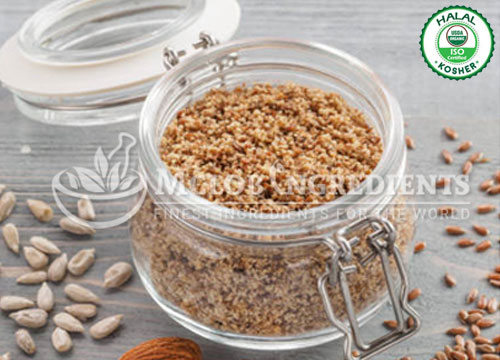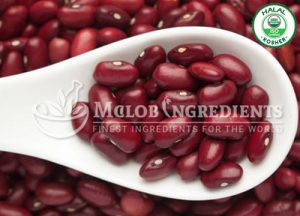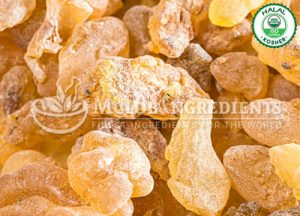Psyllium is a soluble fiber derived from Plantago ovate seeds. They are an herb grown mainly in India. People used it as a dietary supplement. Manufacturers may fortify breakfast cereals and baked goods with psyllium. The main active ingredient in Metamucil is Psyllium husk which is a fiber supplement that reduces constipation due to its excellent water solubility, psyllium can absorb water and become a thick, viscous compound in the small intestine that resists digestion. Its resistance to digestion allows it to help regulate high cholesterol, blood sugar levels, and triglycerides. It is a common laxative.
Benefits :
- Psyllium relieves constipation.
- It may help treat diarrhea.
- It has prebiotic effects.
- It can lower cholesterol levels.
- It seems to be good for the heart.
- It can lower blood sugar levels.
- It may boost satiety and aid weight loss.
Side effects:
Some side effects are as follows:
- abdominal pain and cramps.
- more frequent bowel movements.
- gas
- diarrhea
- loose stools.
- stomach pain.
- nausea and vomiting.
Precaution:
- When mixing avoids breathing in the dust from psyllium powder due to Inhaling psyllium dust may cause an allergic reaction.
- If you take psyllium as part of a cholesterol-lowering treatment plan then avoid eating foods high in fat or cholesterol.
Interaction:
Psyllium supplements may delay or reduce the absorption of certain medications. As a rule, you should not take psyllium supplements with other medications at the same time. Take psyllium at least 1 hour before or 2- 4 hrs after taking other medications.
Dosage Form:
It is available in various forms like husk, granules, capsules, or powder.
Dose :
- Common dosages of psyllium are 5–10 g at least once per day with meals and plenty of water due to comes to fiber.
- As a bulk laxative supplement taking 5 g of psyllium with a glass of water 3 times per day is a common starting point. People can also increase this gradually if they find it tolerable.







